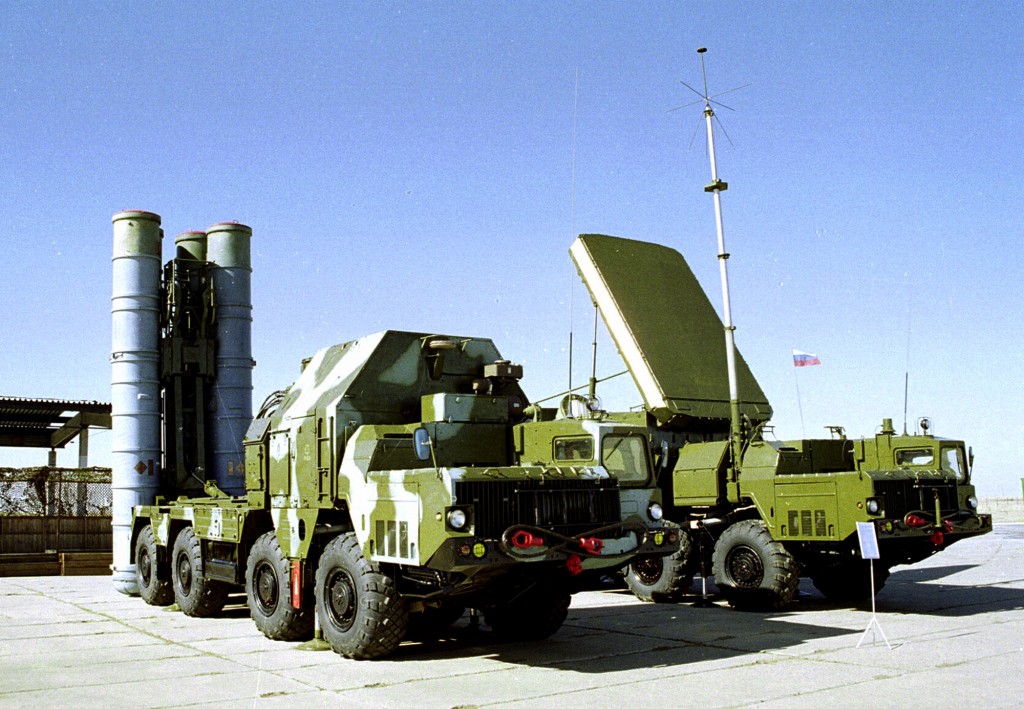
Greece tested its S-300 air defense system (ADS) during the November 23-27 NATO missile drill at the Crete Shooting Range in which Germany, the Netherlands and the U.S. also participated.
Besides the Russian origin S-300s, various other air defense systems, including TOR-M1, OSA-AKM, Hawk, ASRAD and the Stinger man-portable air-defense system (MANPAD) were test-fired during the drill. In addition, anti-aircraft missiles and Russian, American and German-made medium- and short-range missile defense systems were tested, Daily Sabah reported quoting Turkish defense sources on Monday.
The S-300 PMU1 system was originally acquired by Cyprus from Russia in the mid-1990s, but was later transferred to Greece which is reported to have upgraded the system with Russian help. Although Athens did not deploy its missiles in southern Cyprus as a result of Turkish pressure, it did that in Crete in 1998, whose strategic importance has been rising steadily. Greece went on to sign new agreements with Russia in 1999 and 2004 to purchase TOR-M1 and OSA-AKM (SA-8B) ADSs.
The U.S.-Turkey relations nosedived after the latter bought the S-400 systems from Russia for $2.5 billion in 2017. Washington’s attempts to persuade Ankara to ditch the systems went in vain. Soon after Russia began shipping the S-400s to Turkey in July 2019, the U.S. struck off Turkey’s name from the list of F-35 program partners.
Turkey tested its S-400 ADS on October 16 reportedly in response to Greece exercising with advanced fighter jets such as France’s Rafales and UAE’s F-16 Desert Falcons. Turkey feels Greece is buying advanced jets to counter Turkey’s exploration in the Eastern Mediterranean.
Confirming the test, Turkish President Recep Tayyip Erdogan said “Yes, they were tested. The tests will continue. We are not going to ask the U.S. for permission,” Ergodan was quoted as saying by reports.
Meanwhile, the United States’ reaction to Turkey’s reported firing test of the S-400 air defence system (ADS) can be described as muted as best. “The U.S. Department of Defense is aware of reports of a possible test of the S-400 air defense system by Turkey. If accurate, the Department strongly condemns the test,” Pentagon spokesman Jonathan Hoffman said.
“We object to Turkey’s purchase of the system, and are deeply concerned with reports that Turkey is bringing it into operation. It should not be activated. Doing so risks serious consequences for our security relationship. Turkey has already been suspended from the F-35 program and the S-400 continues to be a barrier to progress elsewhere in the bilateral relationship,” Hoffman added.
Adding to the tensions, the U.S. is reportedly selling 6 F-35 stealth jets to Greece that it originally built for Turkey.
